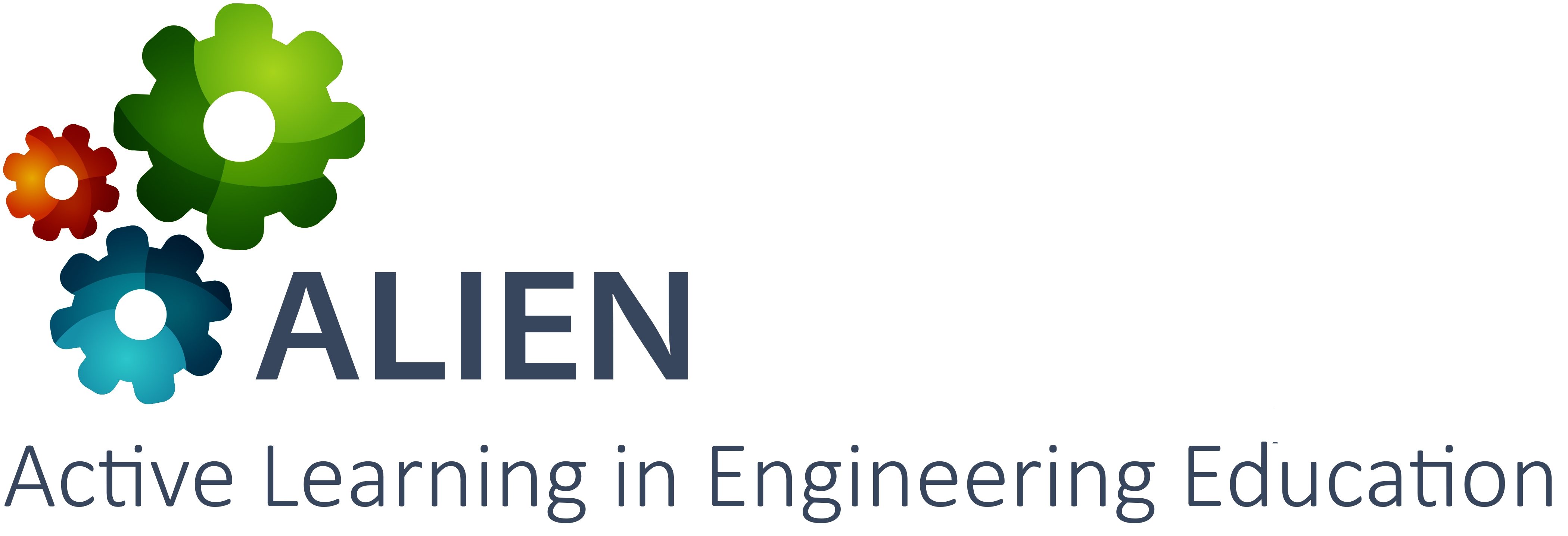 Course overview
Course overview
The goal of the course is to provide an overall understanding of game research, theory, design, and implementation. The main focus is on game design. Specifically, the course addresses game definition and elements, game classification and genres, the process of game design, the design of a game idea and concept, player types and target groups, gameplay, core mechanics, interactive storytelling, world design, game character design, and UI. Students form teams and design games from idea to digital prototype. Theoretical aspects are integrated with practical assignments. More information on the course is available at https://ois2.tlu.ee/tluois/subject/IFI6099.DT .
Participants in piloting
This course is an elective in the Computer Science bachelor programme. It takes place in the 1st semester of the 2nd year of the curriculum. In 2019 the number of participants was 23.
Use of ALIEN services and tools
This course follows flipped classroom and project-based learning design. Previous versions of this course were also gamified so some elements of the gamification remain until today.
The course started with a couple of individual assignments. One of them was suggesting an idea for a new entertainment game. Each student had a chance to pitch the game idea to the class. The best ideas were selected through voting and teams were formed around the winning ideas. Extra effort was paid to create equal and heterogeneous teams. Each team was comprised by a manager, programmer, and an artist. The focus of activities was on game design, which took place through the collaboration of all team members.
After that most of the course activities were based on team work. At the ends of every class students were assigned individual home reading on different aspects of game design, such as concept, gameplay, core mechanics, assets, prototyping, and more. At the beginning of every class an individual Kahoot® quiz was conducted based on home reading. Students earned points only when they ere present. After that, the majority of the class time was spent on game design activities in teams. At the end of every class randomly selected teams presented their design results. For successful presentations, teams earned some extra points. All teams were expected to upload their work results into virtual learning platform, namely Google® Classroom.
The course ended with the public presentation of game prototypes. Academic staff members and game industry representative were invited to this event. Visitors had an opportunity to ask questions to the teams. After the official part of the event, more informal networking activity took place.
For poster for inviting external visitors was created by the group of TLU students and is available at http://dlg.tlu.ee/games/gamebuilds/bigboss/index.html .


